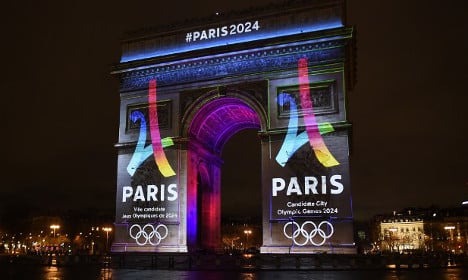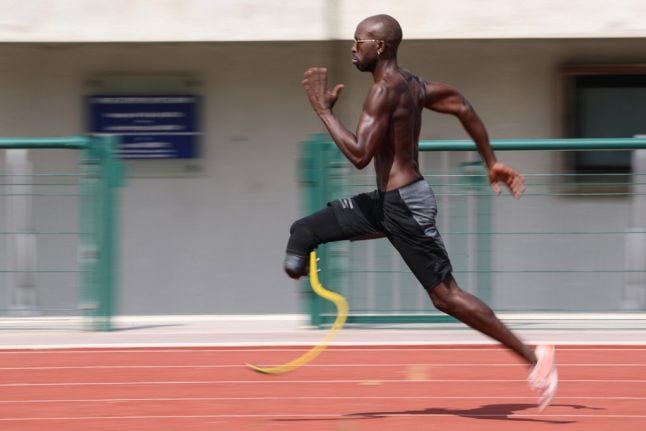The International Olympic Committee effectively handed the 2024 and 2028 Summer Games to Paris and Los Angeles on Tuesday when a landmark double hosting deal was approved.
The IOC meeting in Lausanne, Switzerland had initially been forecast as a key stage in the battle for 2024, with teams from the French capital and California mega-city making fresh pitches to voters.
But the Paris-Los Angeles rivalry has been muted by an IOC plan to ensure that both cities come out as winners.
The IOC, which has struggled to attract prospective hosts given the enormous cost of staging the Games, did not want to turn either city away.
So IOC chief Thomas Bach pushed a plan to have both 2024 and 2028 awarded together at the organisation's main annual meeting in Peru in September.
That plan was approved in a unanimous vote on Tuesday.
Talks will now open between the two cities to find out which will host the Games first, but it appears an agreement has already been hatched with Paris widely seen as favourite for 2024 and LA prepared to wait until 2028
However if a deal falls through, only the 2024 hosting rights will be voted on when the IOC next meets Sept. 13 in Lima, Peru.
READ ALSO:

The French side has insisted it was exclusively focused on 2024, the centenary anniversary of the last Games in Paris.
Los Angeles, which last hosted in 1984, has indicated it was open to waiting four more years.
Both bids came to Lausanne with top-level political support.
French President Emmanuel Macron, who has been a vocal advocate of Paris 2024, met IOC top brass on Monday on a tour of the Olympic Museum, set on a hilltop overlooking Lake Geneva.
Olympic Values
Macron portrayed the Olympics as a beacon of hope amid a deeply trouble political climate.
“In a fractured world where tensions are resurgent, we need the values of peace and tolerance that the Olympic movement illustrates and embodies strongly,” Macron told reporters.
Los Angeles mayor Eric Garcetti, like Macron avoided commenting on a battle over 2024, but described the Olympic movement as a “good and true” force during “this crazy moment in the world.”
The mayor, a prominent member of the US Democratic Party, toured the museum ahead of Macron, accompanied by a team that included Los Angeles bid chief Casey Wasserman and former sprint champion Michael Johnson.
He told reporters his goal was to “bring America back to the Olympics and the Olympics back to America”.
Both cities sold their bids at Tuesday's IOC meeting, with Macron speaking as part of the French presentation.
Bach has already endorsed Paris and Los Angeles as model hosts, praising their efforts to trim costs by using existing or temporary venues, something the IOC hopes will become a growing trend.
The Olympic movement has been stained by Games that erected grand multi-million dollar facilities that were left to crumble and rot.
“It truly is a tale of two great Olympic cities,” said a report released last week by the 2024 Evaluation Commission.





 Please whitelist us to continue reading.
Please whitelist us to continue reading.